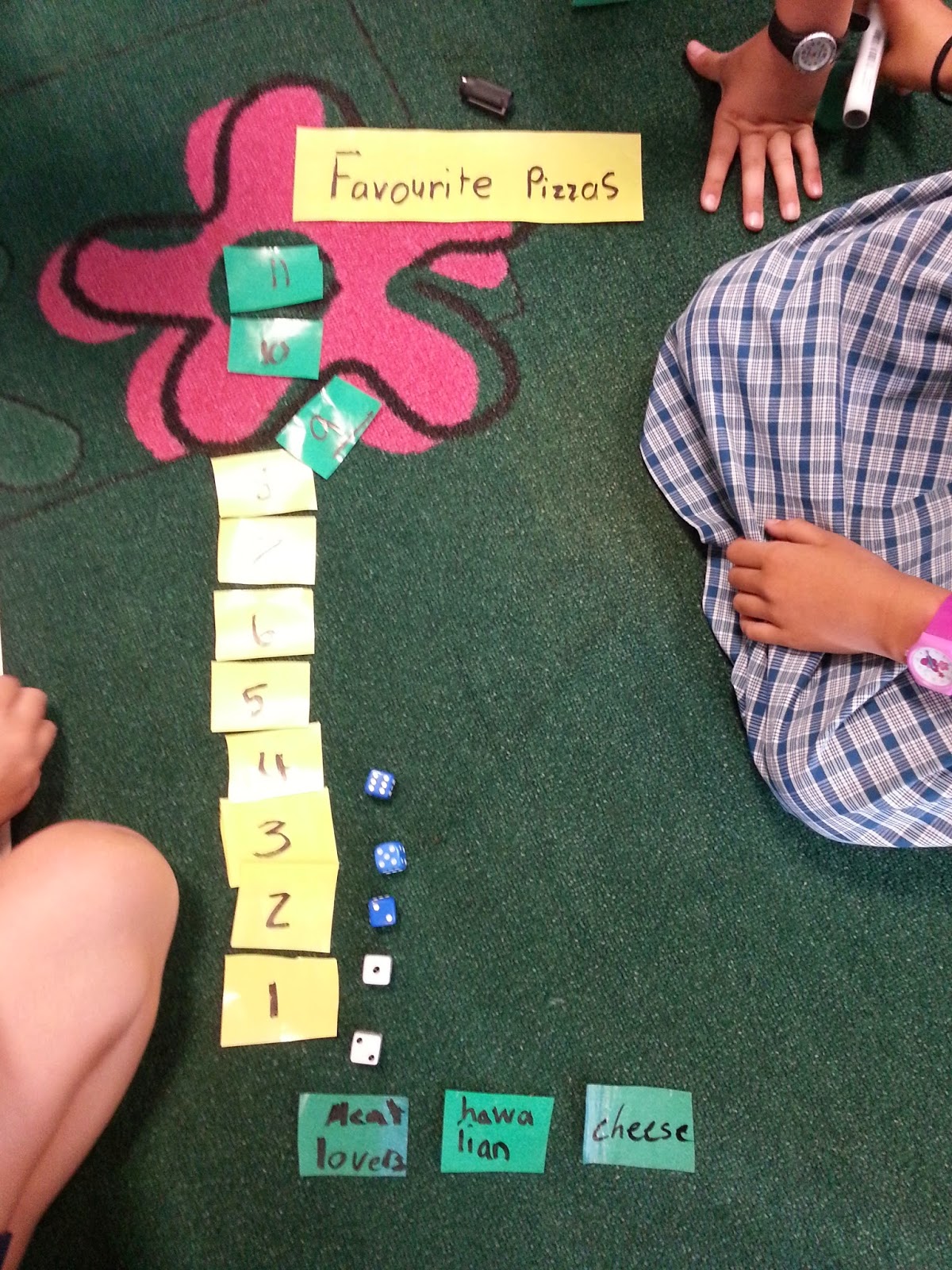Hands on
learning during mathematics activities offers students opportunity to
manipulate objects and make connections with abstract ideas. It is a very
powerful tool for teaching while also instilling a love
of learning, in particular a love of math related activities. This
assists in establishing essential cognitive pathways and enhances development
for academic sucess.
Students essentially construct their own mathematical understanding
in authentic and meaningful ways. Using concrete materials
allows students to do this purposefully and intentionally.
As a young
learner myself, I consistently found math tasks threatening and disempowering.
My neural pathways were blocked from tension, anxiety and worry over
the learning of math concepts and nothing could
bypass this blockage in my thought processes. It was only much later
in life that I realised I was in fact a good problem solver and could
systematically apply learning in relevant and methodical ways,
eventually discovering a new found confidence and awe of the math experience.
As a teacher of young children I
take personal responsibility in ensuring that
these early experiences are above all fun, but
also sufficiently challenging and highly rewarding. My desire is that
every student discover how fun mathematics can really be ... in
non threatening and highly encouraging learning environments.
 |
| Here we are measuring the area of a variety of different shapes. |
Students in
their formative years of learning depend heavily on concrete materials for
cognitive development. When students engage in this type of learning they are
building and consolidating knowledge and retaining learning of the fundamentals
in a more educationally sound manner. Working together with
peers helps students articulate what they are learning as they share and
consolidate concepts being taught. Talking about learning helps embed new
concepts in the newly forming brain path ways, building better connections
and understanding for long term academic success.
'A teacher affects
eternity, he can never tell where his influence stops' - Henry Adams













